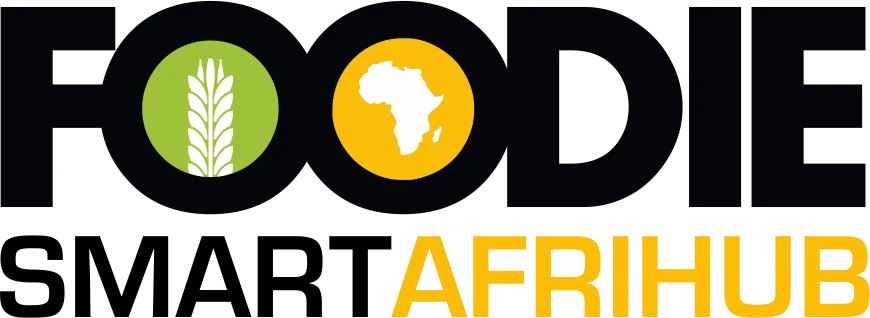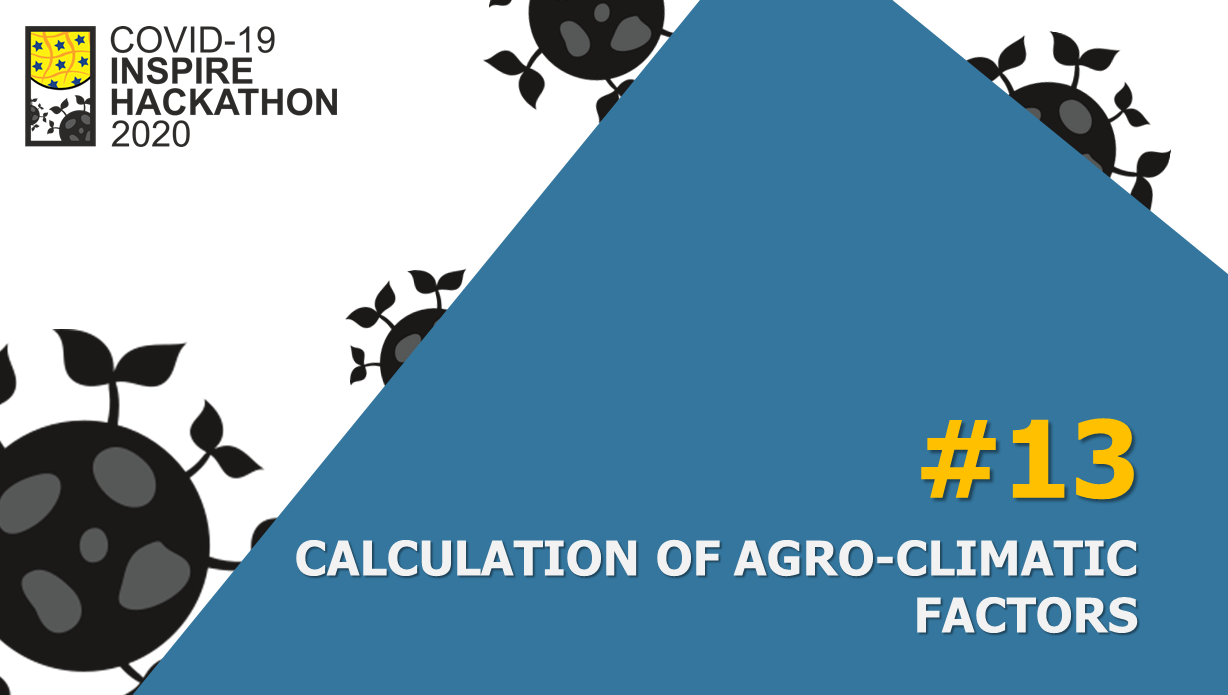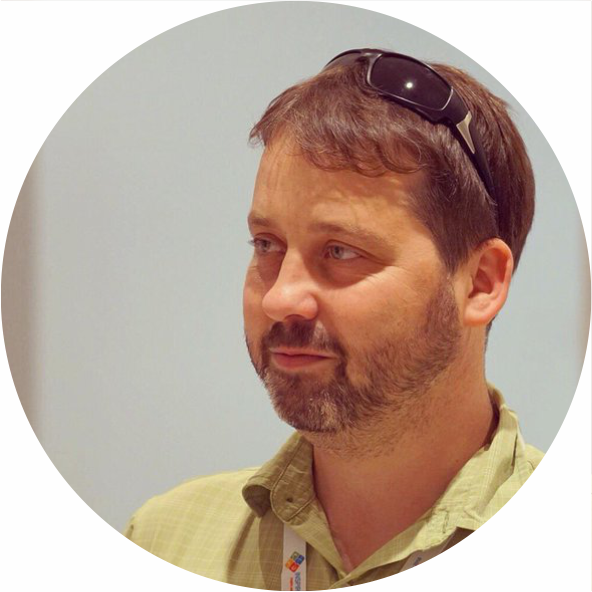Mentors: Karel Jedlicka, Michal Kepka
The challenge aims to calculate all relevant agro-climatic factors (see below) in order to describe an area of interest comprehensively, using the algorithms published here. The challenge aims to test the global applicability of the factors’ calculations – thus we look forward to a wide variety of case study areas).
Following agro-climatic factors can be calculated:
- frost-free periods, growing degree units, heat stress units, number of (optimal) growing degree days from temperature.
- nitrogen application window from soil temperature.
- accumulated solar radiation from incident sunlight.
- water balance from precipitation, evapotranspiration, and runoff data.
The algorithms calculating the factors will primary use the worldwide ERA5 Land dataset as a climatic data source. Nevertheless, other data sources can be leveraged as well, e.g.the Copernicus regional reanalysis for Europe (CERRA), meteoblue historical API, free meteorological data from the Norwegian Meteorological Institute (API, download) or others.
To assess the input data quality (which of course influences the accuracy of the calculated agro-climatic factors), an evaluation has to run. In the case of the ERA5 Land dataset, the uncertainty will be evaluated using the information from the reduced resolution member ensemble (EDA) of ERA5.
However, to come to a “ground truth” as much as possible, our aim is to compare the input climatic data to some in-situ sensors in the area of interest and then discuss the limits of leveraging the global data.
About your mentors
KAREL JEDLICKA The theoretical background of Karel’s research lies in modeling, analysis, and even simulation using multidimensional (geographic) data structures. In particular, Karel actively researches on 3D and 4D aspects of Geographical Information Systems. Primarily Karel focuses on the following application domains:
- analysis of trends in climatic and weather data for agricultural purposes and
- influence on transport to the city life, by designing and developing interactive traffic models for Digital twins of Smart cities.
Karel has been leveraging his skills in various EU projects since 2007. Karel usually acts as a leader of a small research or technical team in the project. He participated, namely in Stargate, EUXDAT, AfarCloud, and DataBio projects related to agriculture and in DUET, PoliVisu, and OpenTransportNet projects related to Smart Cities.
MICHAL KEPKA is a researcher that participated in many EU projects (e.g. AFarCloud, SmartAgriHubs, FOODIE, DataBio, SDI4Apps etc.) as geomatician, spatial data modeller, software developer, sensor data expert. PhD at the University of West Bohemia in Geomatics (2018). Research activities: spatial data modelling, application design and development, sensor data processing and publishing according to standards (e.g. OGC SOS, SensorThingsAPI, OMA NGSI).



